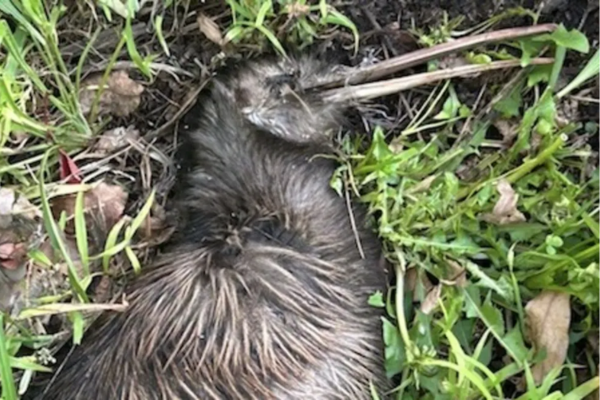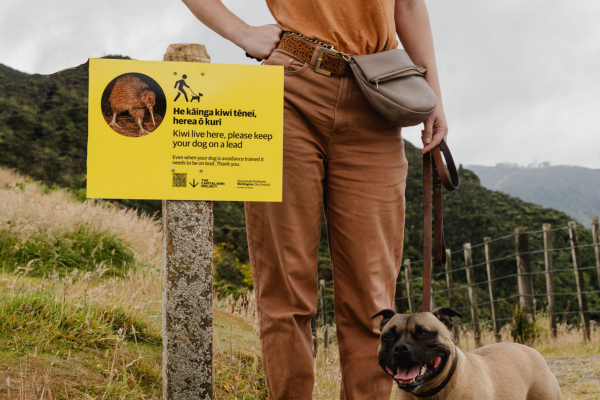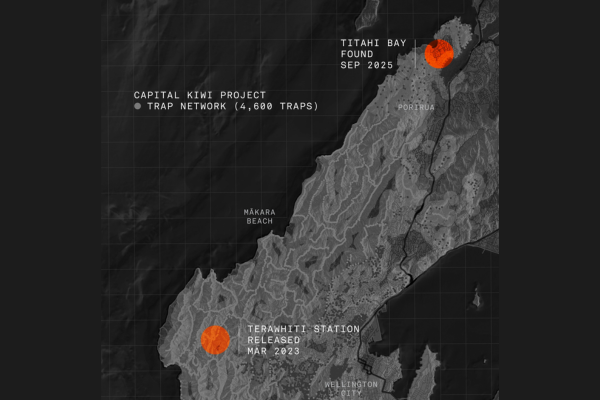
A North Island brown kiwi has been killed in a suspected dog attack in Tītahi Bay, marking the first recorded loss of a bird from the Capital Kiwi Project due to dogs.
The bird was discovered 25 kilometres from where it was originally released at Terawhiti Station nearly three years ago. Its injuries were consistent with a dog attack, according to the Capital Kiwi Project.
Project founder Paul Ward said the incident was a sobering reminder of the shared responsibility to protect native wildlife.
“The fate of this kiwi reminds us all of our roles, as individuals and communities, to help lay out the welcome mat for our national symbol,” Ward said.

The kiwi’s long journey north came as a surprise to the conservation team. It had travelled further than any other monitored kiwi in the project, highlighting the species’ mobility and the expanding success of the reintroduction effort.
“Nearly a decade of landscape-scale stoat removal by locals, iwi, and landowners has allowed kiwi to return to hills they had been absent from for 150 years,” Ward said. “We now have a thriving wild population with extraordinarily high chick survival thanks to a 4600-strong trap network.”
Te Rūnanga o Toa Rangatira pou toa matarau Rawiri Faulkner said the iwi was saddened by the loss of a manu taonga.
“As kaitiaki we are saddened by this death. We have a duty of guardianship and we ask our community to take measures to look after kiwi and all of our taonga species so that they thrive,” Faulkner said.
“This includes controlling pets and doing whatever we can to ensure the safety of these precious taonga. He kaitiaki tātou i te taiao mō ake tonu, we are guardians of the environment forever.”
Uncontrolled dogs are now the main threat to adult kiwi, the Capital Kiwi Project said. It urged dog owners to keep pets on leads where required and contained at night.
“We expect death as part of delivering a thriving wild kiwi population, it is a reality of the mahi, but we feel this loss deeply,” the group said.
Despite the tragedy, the bird was found to be in outstanding physical condition, reflecting the overall health of the project’s population. All performance targets are being met or exceeded, the group said.
With kiwi now potentially roaming from Pariwhero (Red Rocks) to Porirua, community support is vital to ensuring the species can continue to thrive in the wild.














































